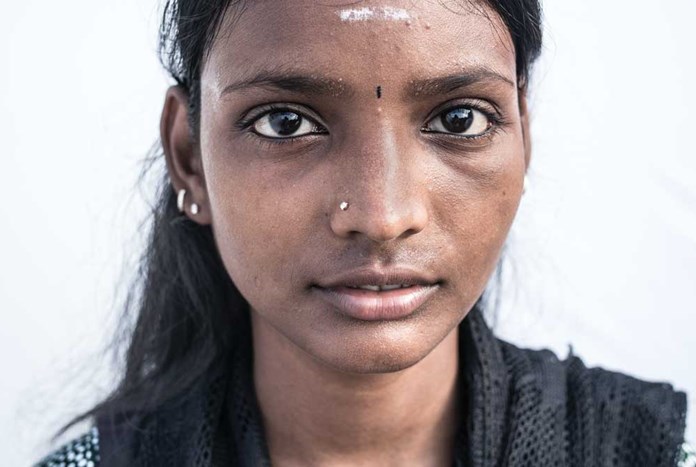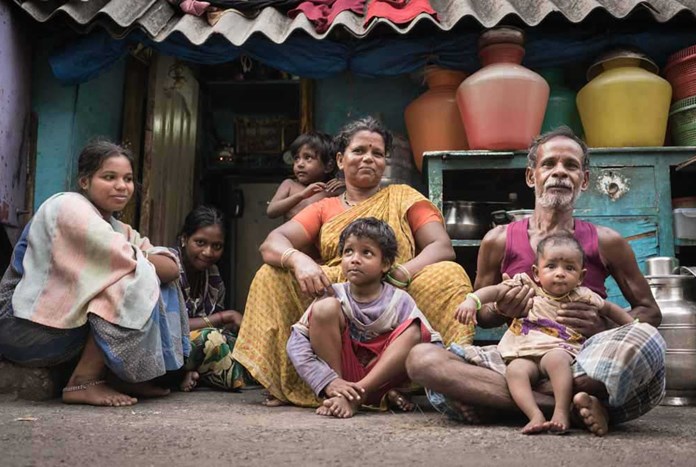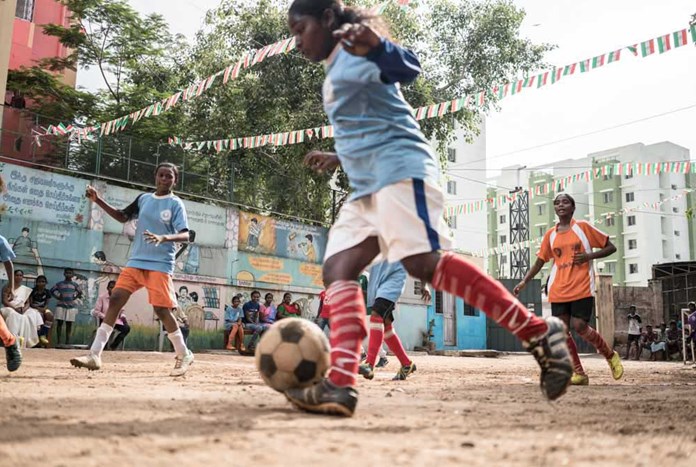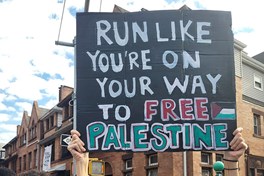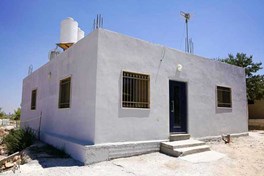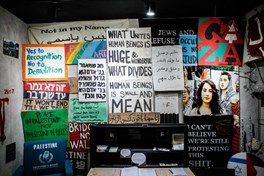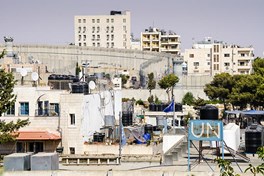“In spite of our heartbreak over Mali's decision, we can recognise the small victory that is Mali's choice in this, her completion of exams at 16 and her knowledge of women’s rights. It is a reminder that small successes must be acknowledged and of how precarious working with girls is.” Azey Bennetts writes about the importance of small victories when working with girls on the streets of India.
“You can have ambition.” Karunalaya wants parents to value their daughters, rather than be burdened by them.
The work that Amos is doing with Karunalaya to end child marriage gives girls ambition.
Karunalaya is working with children and young people through their sports, dance and advocacy programmes so that they can become the agents that change child marriage and other issues that limit children’s rights.
“We say to girls, ‘you can have ambition.’”
In the pavement-dwelling communities that Amos partner Karunalaya works in, child marriage from as young as 12 is the norm, with over 50% of girls married before the legal age of 18.
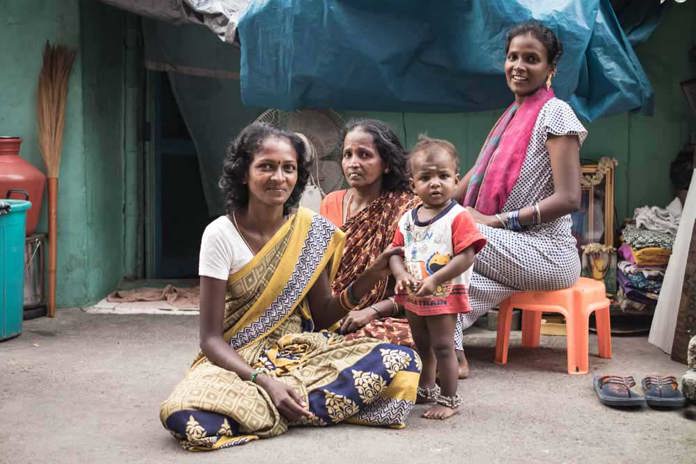
Three generations of pavement dwellers – Chennai, India.
Karunalaya seeks to challenge the views held by girls and mothers from pavement-dwelling communities, to create opportunities where they can realise their self-worth.
Extreme poverty and lack of aspiration mean most children drop out of school to work as child labourers, beg or look after younger siblings and parents will marry their daughters off in exchange for money. “We teach girls to shrink themselves, to make themselves smaller. We say to girls, ‘you can have ambition, but not too much. You should aim to be successful, but not too successful. Otherwise, you would threaten the man.’” (Chimamanda Ngozi Adichie).
These are messages given to teenage girls limiting their choices, focusing their goal on marriage. Karunalaya seeks to challenge this view, held by girls and mothers from pavement-dwelling communities (and the streets), to create opportunities where they can realise their self-worth. For parents, they want them to value their daughters, rather than be burdened by them. To not marry them off before they turn 18 out of fear of rape or of [her] running away and being labelled ‘unsuitable for marriage.’
Extreme poverty and lack of aspiration mean most children drop out of school to work as child labourers, beg or look after younger siblings and parents will marry their daughters off in exchange for money.
Mali had been involved in Karunalaya’s programmes for a number of years. I met her in the summer of 2017, she was excited she had passed her exams at 16 making her the first in her family to get a certificate. She had spoken about women’s rights as part of Karunalaya’s advocacy events.
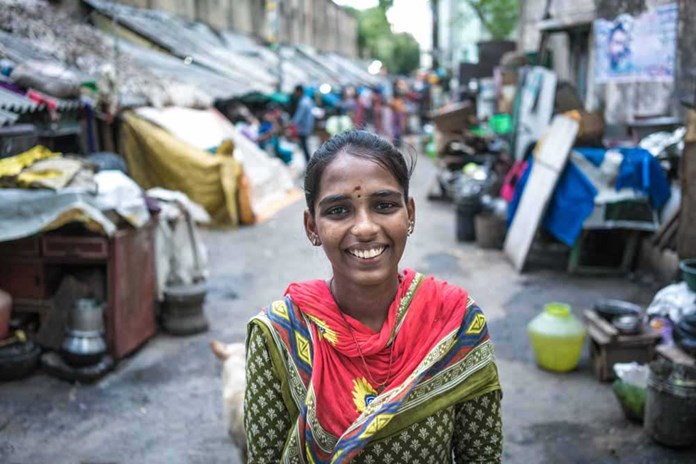
Karunalaya educates parents about children’s rights.
They are working with children and young people through their sports, dance and advocacy programmes so that they can become the agents that change child marriage and other issues that limit children’s rights.
However, in spite of the interventions, her family (with Mali's permission), arranged her marriage at 17. This came as a blow to the project workers who had spent years working with Mali, her family and her community — her application to college never fulfilled. College represented an unknown future and posed the old question — what opportunities are available to a lower caste, pavement-dwelling young woman anyway?
In spite of our heartbreak over Mali's decision, we can recognise the small victory that is Mali's choice in this, her completion of exams at 16 and her knowledge of women’s rights. It is a reminder that small successes must be acknowledged and of how precarious working with girls is.
College represented an unknown future and posed the old question — what opportunities are available to a lower caste, pavement-dwelling young woman anyway?
Karunalaya educates parents about children’s rights and to believe in their futures through education. They are working with children and young people through their sports, dance and advocacy programmes so that they can become the agents that change child marriage and other issues that limit children’s rights.
Sangeetha has become a role model to other girls at Karunalaya and in her community. Her football scholarship to college marks a major achievement and having captained the Indian girls’ team at the recent Street Child World Cup in Moscow, she wants to see Karunalaya develop a football league for children in slums, pavement communities and at Karunalaya’s centre.
To realise this, she wants to undertake a formal football coaching qualification. We are proud that young people, like Sangeetha, are involved in shaping programmes with us to create change. This gives me hope in the work Amos is doing with Karunalaya to end child marriage and in emphasising the message that girls can have ambition.
Read more about Amos' On Her Terms campaign.

